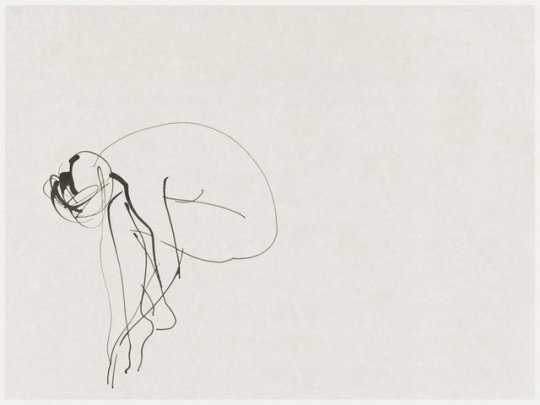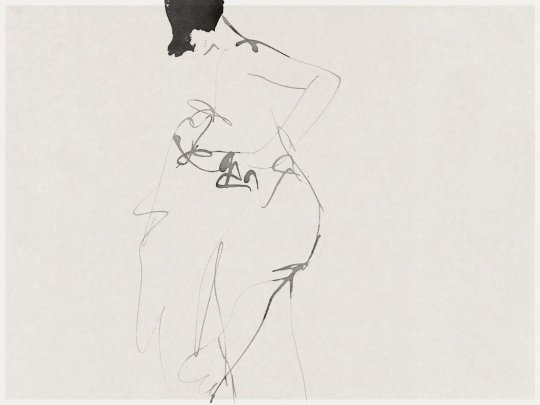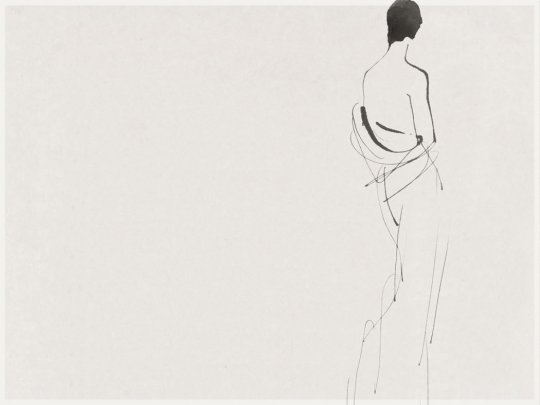Text

"The fifth", Anna Akhmatova (translated by D. M. Thomas)
2K notes
·
View notes
Note
hello hello. could you please tell us something about your blog title? I'm intrigued. (title, not url)
my title ("no language is the mother tongue") was borrowed from a (translated) letter from marina tsetaeva to rilke. the post is somewhere on this blog but i can't find it again (you know how it is with tumblr's search function...). HOWEVER! i found the original source of the quote. Which is here. Let me copy/paste it:
"Another quote from Elizabeth Klosty Beaujour’s Alien Tongues (see this post), this time from the section on Marina Tsvetaeva:
In 1926, she wrote in German to Rainer Maria Rilke:
Goethe says somewhere that one can never achieve anything of significance in a foreign language — and that has always rung false to me. . . . Writing poetry is in itself translating from the mother tongue into another. Whether French or German should make no difference. No language is the mother tongue. To write poems is already to write “after” something. That’s why I am puzzled when people talk of French or Russian poets. A poet may write in French; he cannot be a French poet. That’s ludicrous. I am not a Russian poet and am always astonished to be taken for one and looked upon in this light. One becomes a poet … to be not Russian or French, but in order to be everything. [Goethe sagt irgendwo, dass man nichts Bedeutendes in einer fremden Sprache leisten kann – und das klang mir immer falsch. . . . Dichten ist schon übertragen, aus der Muttesprache – in eine andere, ob französisch oder deutsch, wird wohl gleich sein. Keine Sprache ist Muttersprache. Dichten ist nachdichten. Darum versteh ich nicht, wenn man von französischen oder russischen etc. Dichtern redet. Ein Dichter kann französisch schreiben, er kann nicht ein französischer Dichter sein. Das ist lächerlich. Ich bin kein russischer Dichter und staune immer, wenn man mich für einen solchen hält und als solchen betrachtet. Darum wird man Dichter . . . um nicht Franzose, Russe etc. zu sein, um alles zu sein.]
which is something that rings very true to my own experience for many reasons (:
17 notes
·
View notes
Text
In people's lives I want to be that which does not hurt.
Marina Tsvetaeva, in a letter to Rainer Maria Time, 14 June 1926, from Letters: Summer 1926
20 notes
·
View notes
Photo
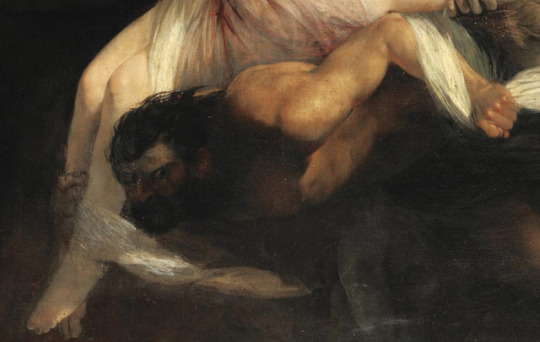
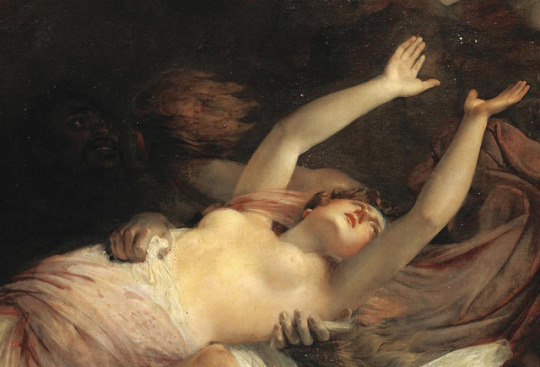
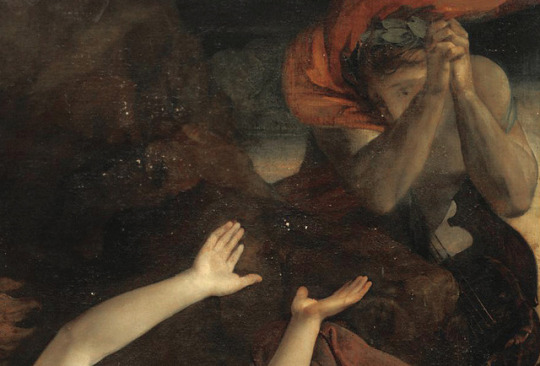
Eurydice hurried back to the Infernal Regions (Details), 1814 by Henry Thomson
12K notes
·
View notes
Text
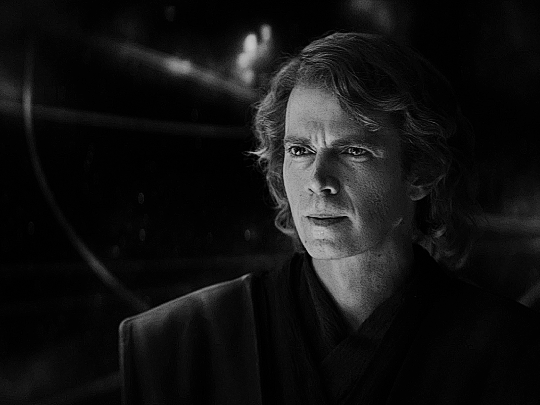


HAYDEN CHRISTENSEN Ahsoka (2022) | 1.05 Part Five: Shadow Warrior
562 notes
·
View notes
Text
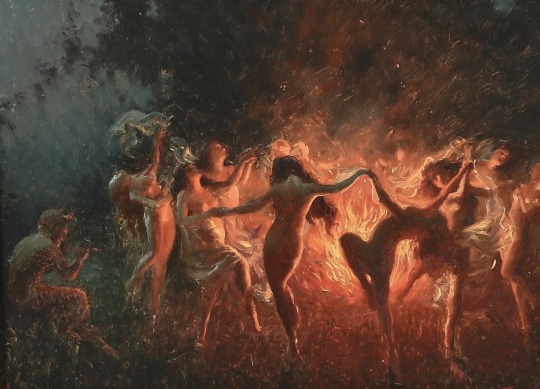
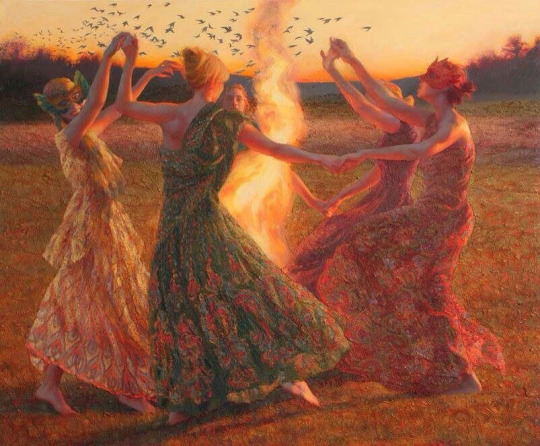
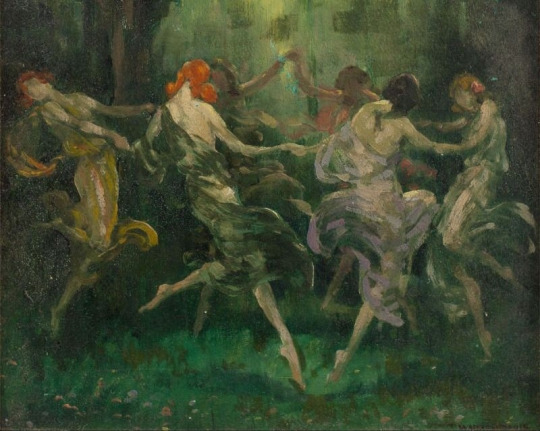
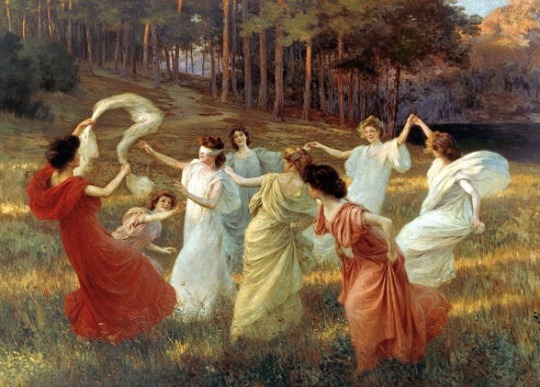
ladies, I think it’s time we bring back the circle dance
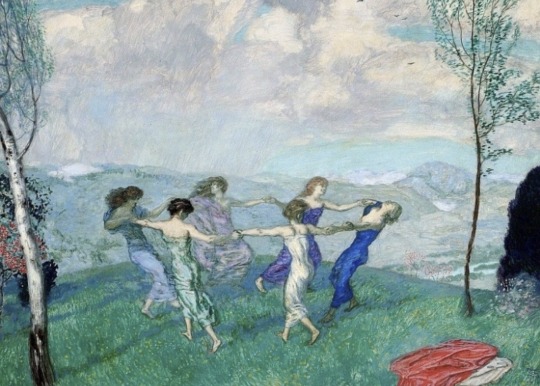
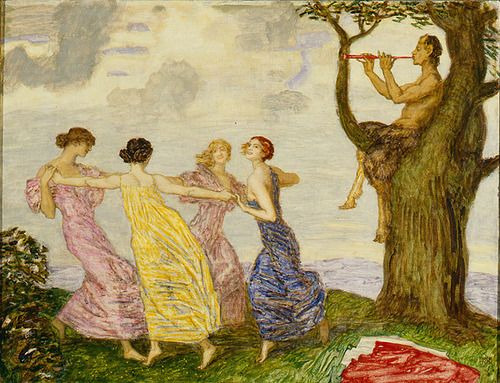


x
18K notes
·
View notes
Text

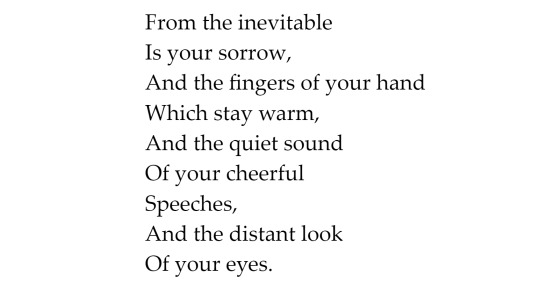
«Tenderer than tender…», Osip Mandelstam (1891—1938) transl. D. Smirnov-Sadovsky
893 notes
·
View notes
Text
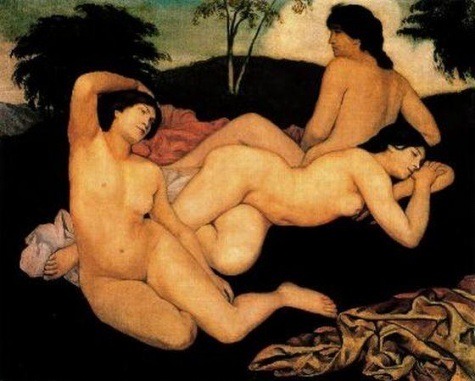
After the Bath
Emile Bernard
1908
30 notes
·
View notes
Text
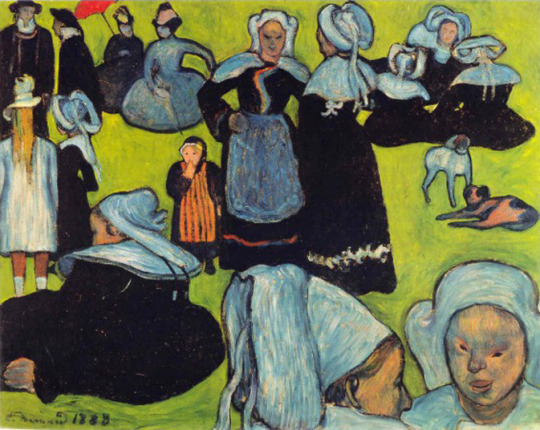

Emile Bernard, Breton Women in the Meadow, 1888
Emile Bernard, Buckwheat Harvesters at Pont Aven, 1888
18 notes
·
View notes
Text

Earthware Pot and Apples
Emile Bernard
1887
23 notes
·
View notes
Text

"Le Pont-Neuf", Pierre-Auguste Renoir (1872)
73 notes
·
View notes
Text

Claude Monet (French, 1840-1926)
Le Pont d’Argenteuil
174 notes
·
View notes
Text
To love — is to see a person as God intended him and his parents failed to make him.
Marina Tsvetaeva, from Earthly Signs: Moscow Diaries, 1917-1922 (trans. Jamey Gambrell)
1K notes
·
View notes
Text
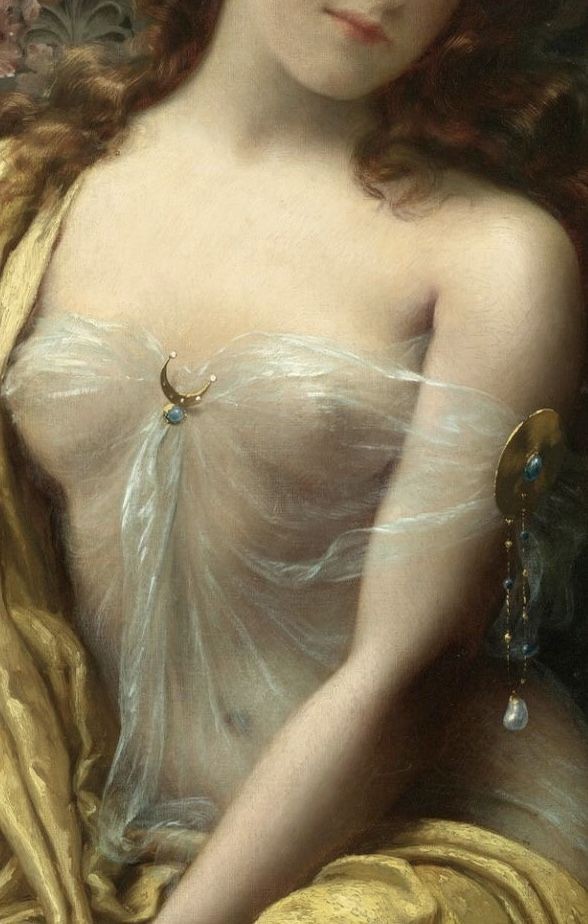
'Starlight'. Emile Vernon. 1872–1919. Detail.
11K notes
·
View notes
Text
What was in our stars That destined us for sorrow?
—Anna Akhmatova, from “Cinque"
51 notes
·
View notes

